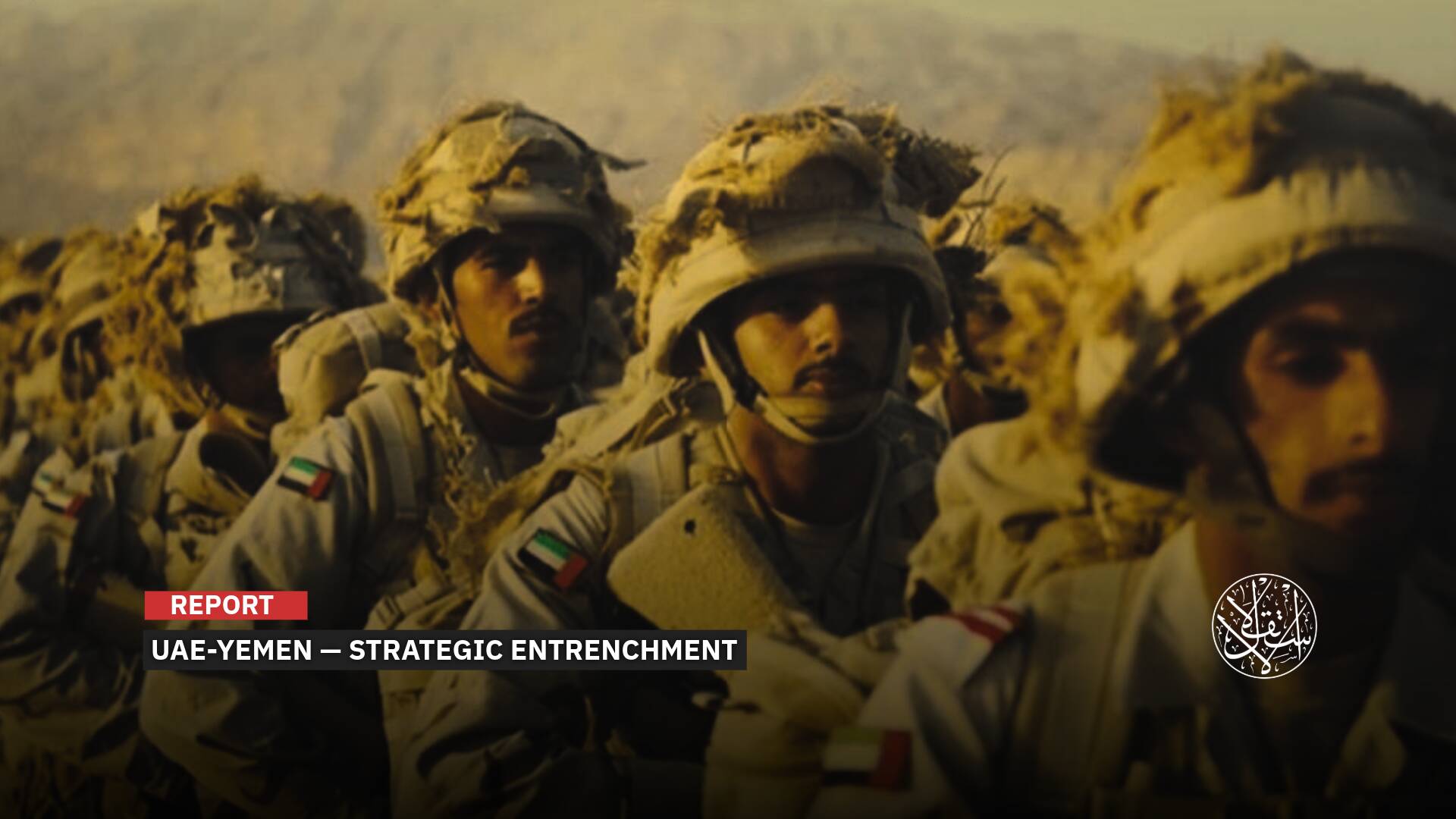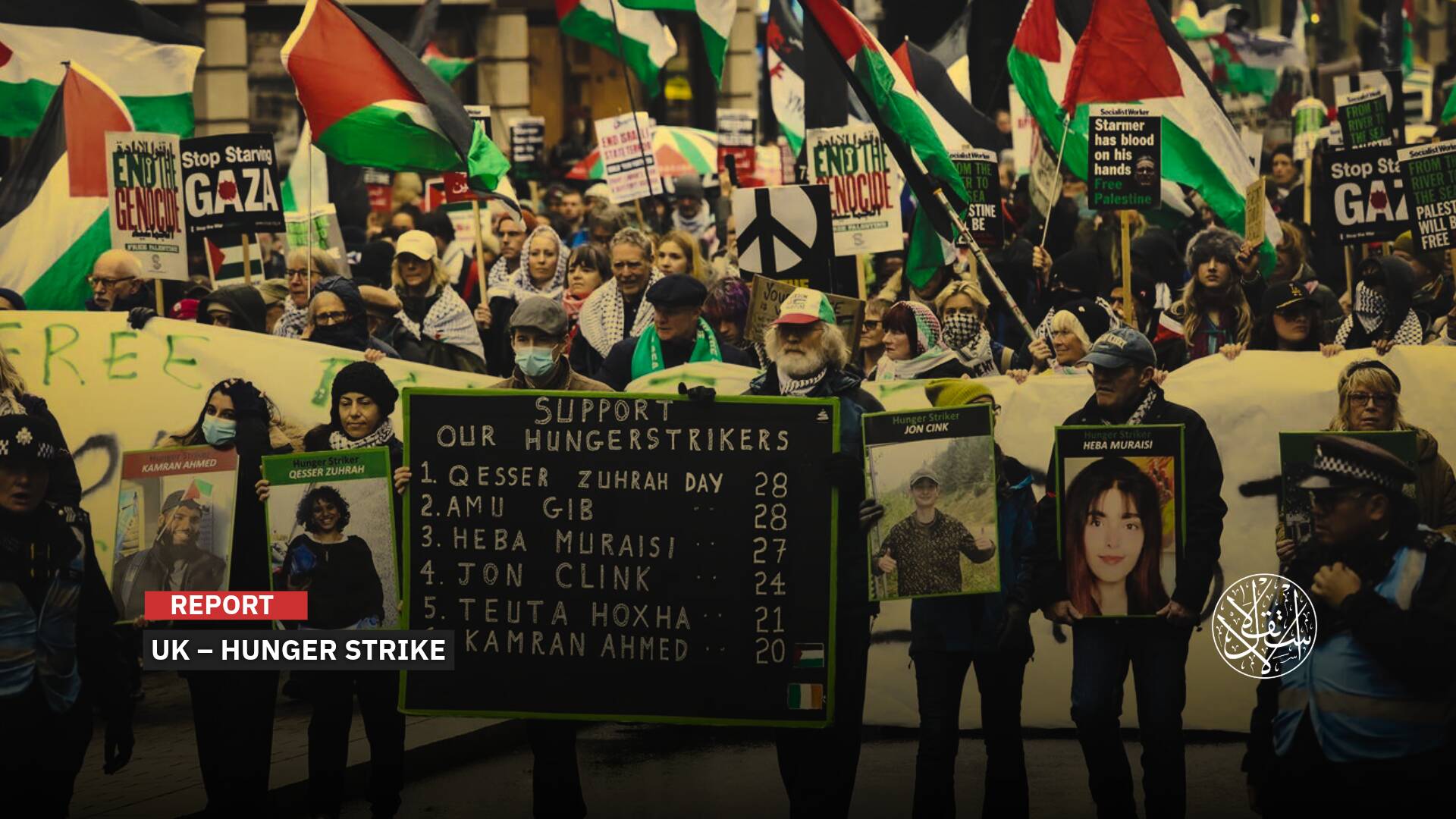How the Israeli Occupation Is Monitoring the Palestinians' Every Single Move?

On April 27, the Washington-based Middle East Institute published a report by Human Rights Activist Mona Shtaya titled Nowhere to hide: The impact of Israel's digital surveillance regime on the Palestinians.
The report said that the encroachment of military and security forces on the spaces of Palestinians as well as other minorities and colonial subjects sows terror among its targets and constitutes a form of discrimination on racial, ethnic, and national grounds.
Pegasus Scandal
Over the course of 2020 and 2021, leading investigations revealed in stark detail the Israeli authorities' extensive use of surveillance and forecasting techniques to control Palestinian movements.
Subjecting Palestinians to such scrutiny by security and military agencies is narrowing their expressive spaces and plunging them into constant anxiety.
This practice also serves a commercial purpose; occupied Palestine has effectively become the Israeli occupation’s open-air laboratory to test espionage and surveillance techniques before selling them to repressive regimes around the world.
This trade has worrying implications, particularly as more governments have benefited from digital surveillance tools against political opponents, activists, journalists, civil society workers, and others deemed a "threat."
In the case of Palestinians, various actors investigate their private lives in depth through ongoing surveillance techniques.
It's been more than five months since the United States imposed sanctions on Israeli spyware company NSO Group, and stories of abuse of its Pegasus program continue to unfold.
As various organizations try to push for further action against the Israeli occupation to provide human rights violators with this tool to increase their violations, Israeli military technology and surveillance were first developed and tested on Palestinians before being exported.
24/7 Surveillance
A former member of the Israeli army's Elite Signals Intelligence Unit 8200 said that “Israel” can listen to any phone conversation in the West Bank and Gaza Strip.
In an interview with Middle East Eye, the veteran assured that “every phone Gaza imported into Gaza through the Kerem Shalom crossing—in Gaza's south—is implanted with an Israeli bug, and anyone using the only two mobile networks serving the occupied territories—Jawwal and Wataniya—is being monitored as well.”
According to the veteran, All the time, hundreds of soldiers listen to ongoing talks, and voice surveillance is divided into two groups: the first for politically active Palestinians or those who pose a security threat from Israeli point of view, and the second level is used by Shabak—the local security service (Shin Bet)—to find pressure elements in Palestinian society.
"They may find gay people who can be pressured to report their relatives, or find a man who cheats on his wife, who may also find someone who owes money to someone, which means they can communicate with him and offer money to meet his debt in exchange for cooperating with them," says the veteran soldier.
"It is a whole world in which Shin Bet controls the Palestinians and eventually forces them to cooperate with them or reveal the secrets of other people, all part of the system of control."
The veteran spoke after The Washington Post revealed "Blue Wolf," a facial recognition technology that alerts soldiers at checkpoints to detain suspects.
Jewish Israeli soldiers who have learned Arabic as part of their military service do this hard work in the mass surveillance system, monitored by Druze soldiers or Jews of Syrian origin whose native language is Arabic
These conversations are copied and translated texts are sent to army intelligence units, and the veteran soldier says there are no limits to the ability of “Israel” to violate the private and public life of Palestinians, and there seem to be no limits to what soldiers do with those conversations they listen to.
"Sometimes conversations are private and possibly intimate, but army soldiers laugh when they listen to sexual conversations, maybe keep them and send them to their friends, it's a serious violation of the privacy of every Palestinian who lives there," the soldier said.
"The people around them and their families tell them it's appropriate, everyone supports them, their commander, their parents, their friends, the state, there's no reason to think that what they're doing is not right," the soldier says.
Control System
Israeli companies involved in the development of surveillance techniques and spyware are merely a laboratory in which they experiment with their products before marketing and exporting them worldwide for profit.
For the Israeli occupation government, this control system is a tool of control and a work of making money. For Palestinians, this is another systematic violation of our rights in light of the ever-increasing repression of the Israeli apartheid being.
Sometimes there is no purpose in collecting images other than intimidation, says Mohammed Rajab Salah, a former prisoner who spent 10 years in prison and lives in the village of Cyrenaica near Nablus, who took pictures of him, his identity, and his car three times in 30 minutes at various checkpoints.
The third time Salah confronted the soldier, who said: "I got out of the car and went to the soldier and asked him why he was doing it, and I told him that two other checkpoints stopped me minutes ago and did the same thing, but the soldier said that he was only carrying out the army orders and that he sends those pictures to the army commander in the area via WhatsApp."
Adnan Blouna, from Nablus, said that soldiers either choose certain cars to photograph them or take pictures of all the cars passing through the crossing, adding, "I am concerned when soldiers choose me from the middle of the crowd, especially if there is an attack on soldiers at the crossing or another crossing on the same day, everyone who takes his picture on this day is subject to search and investigation and may be interrogated even if it has nothing to do with what happened."
Itay Mack, a human rights lawyer who launched a campaign to expose sales of secret Israeli weapons, demanded that the Pentagon publish documents and recordings related to arms sales and military regulations to countries subject to military embargoes, civil wars, or systematic repression of human rights campaigns.
The Supreme Court rejected his petition to pursue technology produced by an Israeli electronic company and closed the door to any future petitions.
"From the Shin Bet’s point of view, every Palestinian is a threat, and they are particularly upset with peaceful activists because they can lead a popular movement, create large protests, and arouse the sympathy of the international community," Mack said.
"They can deal with terrorist organizations, but civil society organizations are more concerned because they could end the occupation and have the sympathy of the international community," Mack said.
Issa Amr, a Palestinian activist from Hebron, said that what is new is that this surveillance can be carried out by any ordinary soldier or even a settler.
The settlers also have a special camera system, he says, "While I walk down the street, I may be insulted and beaten by settlers because my name is Issa, I am being monitored everywhere, in the street, at home, at checkpoints and everywhere, they even know about my coming and going, my life is on live broadcast they can see whenever they want, there is no privacy anymore."














